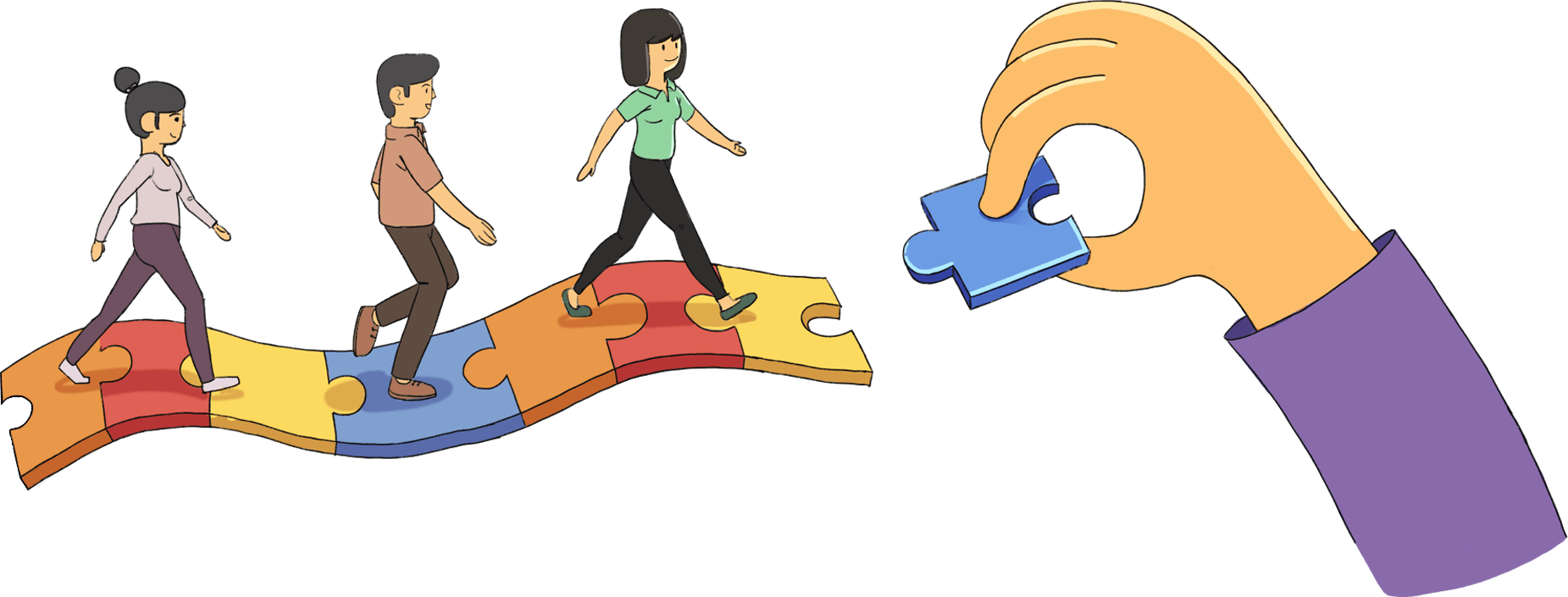
CashKaro wants to “be the Google of Indian ecommerce” — where people can get cashback and search for products quickly, through a predictive search engine.
For a country like India, with a huge population of deal seekers, cashback platform CashKaro grew fast to become the country’s largest cash reward site. But in the past couple of years, ecommerce businesses have faced tough times — companies like Askme Bazaar, Tiny Owl, among others, have ceased to exist. Others like Snapdeal will soon be gobbled by Flipkart.
“Any online business is very dependent on ecommerce. Two years ago, Askme and Paytm were big customers for us — some of them are not around anymore,” says Swati Bhargava, cofounder of CashKaro.
The uncertainty of the ecommerce industry can also become a spoiler for CashKaro, which has been funded for $4.55 million by Kalaari Capital and billionaire Ratan Tata. Bhargava and her cofounder husband Rohan started thinking a year ago about the problem — how find a foothold in the offline space.
The uncertainty of the ecommerce industry can also become a spoiler for CashKaro… Swati Bhargava and her cofounder husband Rohan started thinking a year ago about the problem — how find a foothold in the offline space
Comparison sites like Junglee (owned by Amazon) help in comparing offline and online prices, but that doesn’t close the entire loop of purchase. Add to that the fact that coupon codes are slowly becoming irrelevant. The problem with the coupon business is that at the point of sale (POS), banks had make to technology changes to incorporate coupon codes, which they didn’t want to do.
“The question was how to make money offline,” says Bhargava. “It was difficult to convince the banks.” For that, CashKaro had to become more than just a cashback company, and turn into a technology company that could bring together the bank, merchant, buyer and cashbacks on the same platform.
Also read: MobiKwik stops cashback to start loyalty programme, reduce burn by 25%
Meanwhile, to retain customers, banks were giving out expensive cashbacks. Here was CashKaro’s chance to break through. Bhargava offered Yes Bank an unique proposition (the first bank partnership): CashKaro would tie-up with the merchant, get the deals; YesBank would open up their customer base, identify the customers that the merchant wants to target; and together they would make cashback offers, which would be funded from the merchant’s wallet.
“The bank doesn’t have to pay for the cashback, and there is revenue in it for them. We make target segments of the database, and each retailer can target one segment and give them an offer” — Swati Bhargava, cofounder of CashKaro
Market experts are not convinced with cashback companies being able to target the offline market. “There need to be large loyalties, which can’t be attained with Rs 2 to Rs 5 cashbacks. So, if you get a cashback from McDonald’s, the buyer should be able to use that at other retailers. A lot of people have tried this, but they have not been able to scale,” says Mohammed Imthiaz, founder and CEO of hyperlocal rewards and offers company Hoppr, which was acquired by Hike Messenger in August 2015.
A competitor who doesn’t want to be named says it’s early to declare success. “It’s a good move to tap the offline market… but only one tie-up is not enough, CashKaro will need scale, many tie-ups with banks and merchants,” says the cofounder of another cashback site.
Bhargava says that it’s on its way to seal deals with 100 brands, such as Madura brands, Reliance, Arvind, Pantaloons, Arrow, Pizza Hut, restaurant chains.
“It’s a good move to tap the offline market… but only one tie-up is not enough, CashKaro will need scale, many tie-ups with banks and merchants” — Cofounder of another cashback site